During the first half of 2022, 12 Nigerian banks listed on the Nigerian Exchange (NGX) paid N62.41 billion in deposit insurance premiums to the Nigerian Deposit Insurance Corporation (NDIC).
N54.07 billion has grown by 15.4% compared to the same time in 2021.
According to data analysed by Nairalytics from the banks under review’s half-year report, this is the case.
Deposit-taking banks pay the premiums for deposit insurance by assessing the premium on their domestic deposits.
- In other words, the amount of deposits from customers and the bank’s estimated risks determine how much money they spend on insurance premiums.
- By the end of June 2022, the banks had collected N41.25 trillion in total client deposits. Compared to the N37.97 trillion figure from the beginning of the year, this implies an increase of N3.28 trillion.
- The sum the banks paid to the regulating body is equal to 0.15% of the total amount of client deposits the twelve banks have received. The number increases to roughly 0.3% or 30 basis points annually.
Between 30 and 50 basis points are levied by NDIC on banks’ total demand deposits.
The NDIC Payouts
Further analysis of the bank payments to the NDIC revealed that Access Bank paid the most during the review period ($11.1 billion), followed by Zenith Bank ($9.78 billion) and Jaiz Bank ($446 million).
In absolute numbers, banks with the largest demand deposits often pay the highest premium to NDIC. Some banks do, however, offer higher interest rates on deposits.
The ratio is a crucial indicator since it displays each bank’s degree of risk associated with deposit collection. It is computed by dividing the total deposit insurance by the entire amount of deposits made by customers during the relevant period. A bank is at increased risk if the ratio is higher.
Based on the ratio of insurance premiums to customer deposits in the first half of 2022, Nairametrics compiled a list of the largest commercial banks doing business in Nigeria.
The banks that provide the greatest deposit risks for H1 2022 are listed below:
0.40% for Jaiz Bank
With a ratio of 0.4% and a deposit insurance premium payment to the NDIC of N446 million, Jaiz Bank was at the top of the list. In comparison to the N379 million paid during the same time last year, this represented an increase of 17.6%.
On the other hand, customer deposits decreased slightly from N111.56 billion as of December 2021 to N110.44 billion as of June 2022.
IBTC Stanbic – 0.23%
Between January and June 2022, Stanbic IBTC will pay the NDIC a sum of N2.76 billion as a deposit insurance premium. Compared to the N2.43 billion spent during the same half-year last year, this indicates a 13.6% increase.
Additionally, from N1.13 trillion at the start of the year to N1.19 trillion today, its client deposit climbed by 5.6%.
As a result, it had a second-place insurance premium-to-customer deposit ratio of 0.23%.
Sterling Bank: 0.23 percent
With an insurance premium-to-deposit ratio of 0.23% and a total payment to the NDIC of N2.81 billion made between January and June 2022, Sterling Bank came in third on the list.
Compared to N2.4 billion paid during the same period last year, the insurer’s insurance premium payment to the regulator climbed by 17.1%.
Additionally, its client deposit increased from N1.21 trillion as of December 2021 to N1.23 billion at the end of Q2 2022, a 1.6% rise over the preceding six months.
It’s pertinent to note that Sterling Bank combined all its insurance costs throughout the period under consideration.
FCMB – 0.22%
With an insurance premium-to-deposit ratio of 0.22%, FCMB ranks fourth on the list.
During the evaluation period, the bank paid N3.59 billion to the NDIC. This is a 32% increase over the N2.72 billion spent at the same time last year.
Additionally, its client deposit climbed by 5.3% to N1.64 trillion at the end of December 2021 from N1.55 trillion.
Union Bank: 0.21 percent
In the first half of 2022, Union Bank paid the NDIC N2.99 billion as a deposit insurance premium. When compared to the N2.67 billion that was spent over the same time in 2021, this is a 12.1% increase.
Similarly, from N1.36 trillion at the start of the year to N1.45 trillion as of June 2022, client deposits climbed by 7%.
The firm ranked sixth on the list with an insurance premium-to-deposit ratio of 0.21 percent.
Others comprise
0.20% for Wema Bank
0.18% for Fidelity Bank.
0.17% for GT Bank
0.14% Access Bank
0.14% Zenith Bank
UBA – 0.13%
First Bank: 0.11 percent
The NDIC’s activities
To safeguard depositors and ensure the settlement of insured monies when deposit-taking financial institutions cannot return their deposits, the NDIC is an autonomous agency of the Nigerian federal government that contributes to the financial system’s stability.
The NDIC also seeks to uphold the rule of law, safeguard the interests of depositors, and foster the healthy growth of the financial sector.
Learn more on the NDIC website about the need for an insurance premium, as stated by Section 2 of the NDIC Act 2006.














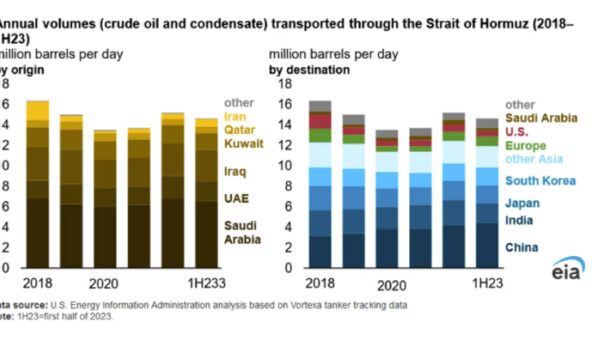
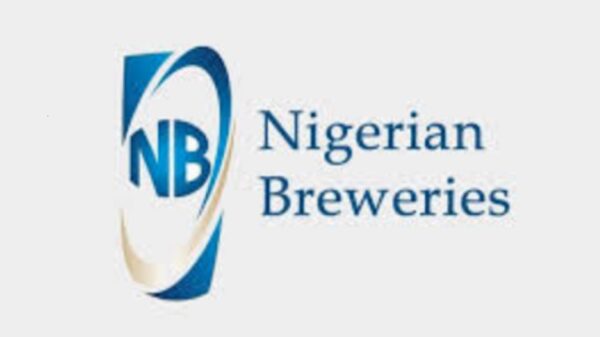





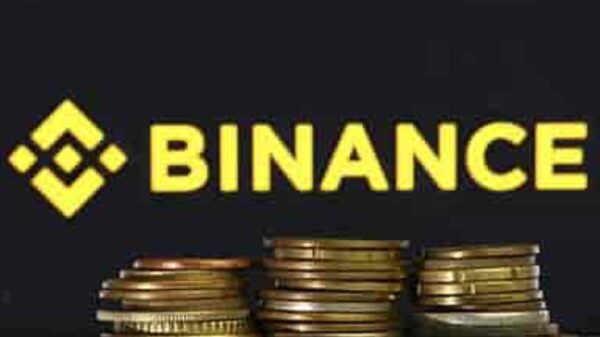





























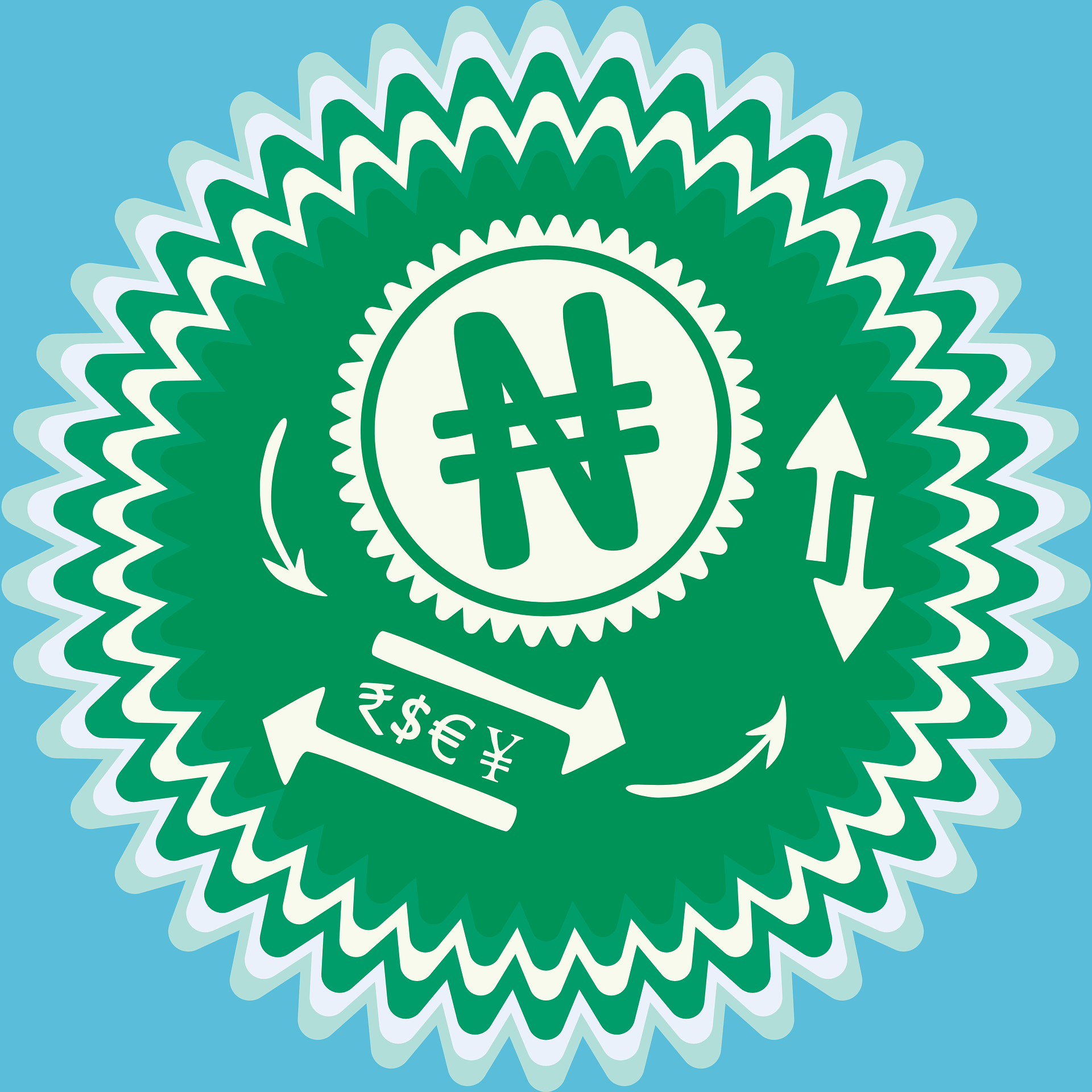


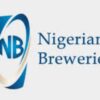

You must be logged in to post a comment Login